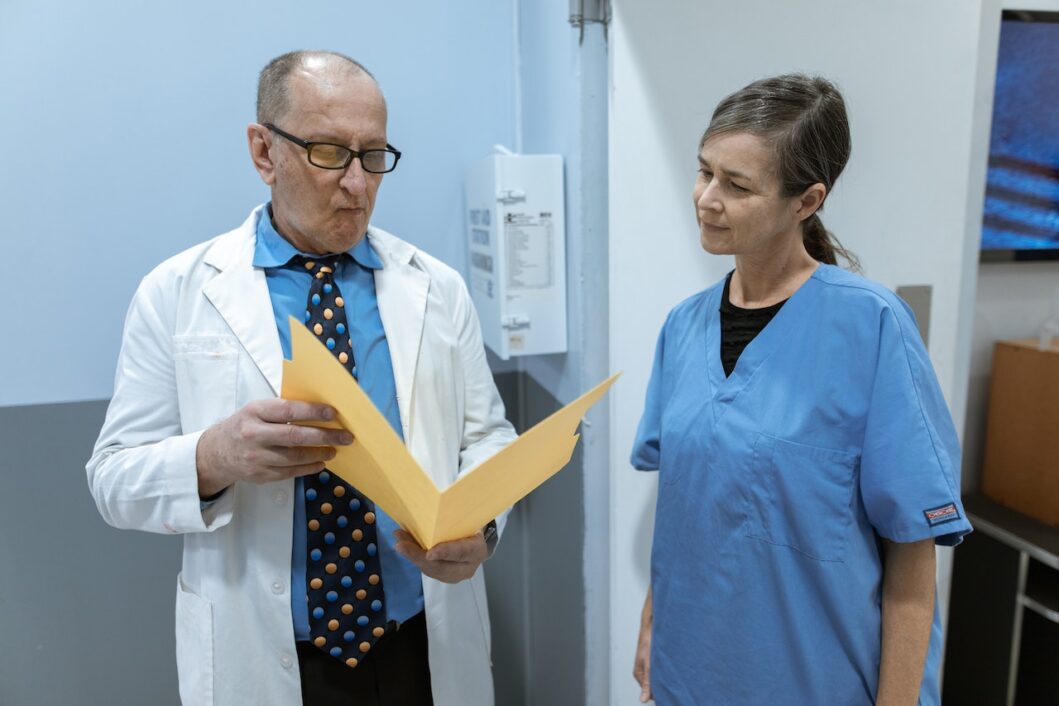There is always a trick to succeeding in every profession, whether you’re a doctor or an engineer you need to know some traits of successful people to become one. The medical college serves as the foundation of your medical career, it teaches you everything that you need to know to be a doctor. However, a medical college doesn’t teach you to be the best doctor around. Worry not, we have you covered.

Here are 4 tips to become a good doctor:
1) Competency
Competency means the ability to do something successfully and it’s an important skill, needed in every job around. All the patients expect their doctors to be competent. They expect their doctors to understand their problem efficiently and find a diagnosis. They also expect a good result from the treatment. People usually judge doctors on their ability to treat their patients successfully, therefore, it is important to understand your patients properly.
2) Communication
It is important to communicate with your patients. Patients who share a good bond with their doctors are most likely to recover soon. Patients who are not satisfied with their doctors, tend to change their doctors themselves. Good communication is really important. According to a 1995 study in the Canadian Medical Association Journal: The quality of communication both in the history-taking segment of the visit and during the discussion of the management plan was found to influence patient health outcomes. The outcomes affected were, in descending order of frequency, emotional health, symptom resolution, function, physiologic measures (i.e., blood pressure and blood sugar level), and pain control.
3) Compassion
We all need sympathy when we’re down right? Patients battling for life need compassion and compassion can be learned. Doctors need to learn how to be positive. Isn’t it heart-breaking when doctors simply read the reports and tell their patients that they’re going to die soon? One can show compassion through talking and listening. Doctors can spare some time for their patients and comfort them through positivity,
4) Convenience
People get sick and need instant treatment. Imagine you get a skin allergy and the earliest appointment you get is in 1 month. Isn’t that devastating? Yes, we understand. A 2009 survey showed that in major cities the average waiting time to see a dermatologist ranges from 11 to 50 days, which is a lot. Early appointments, short waiting times, and not postponing the surgeries can give pleasant times to the patients who are in dire need of help.

